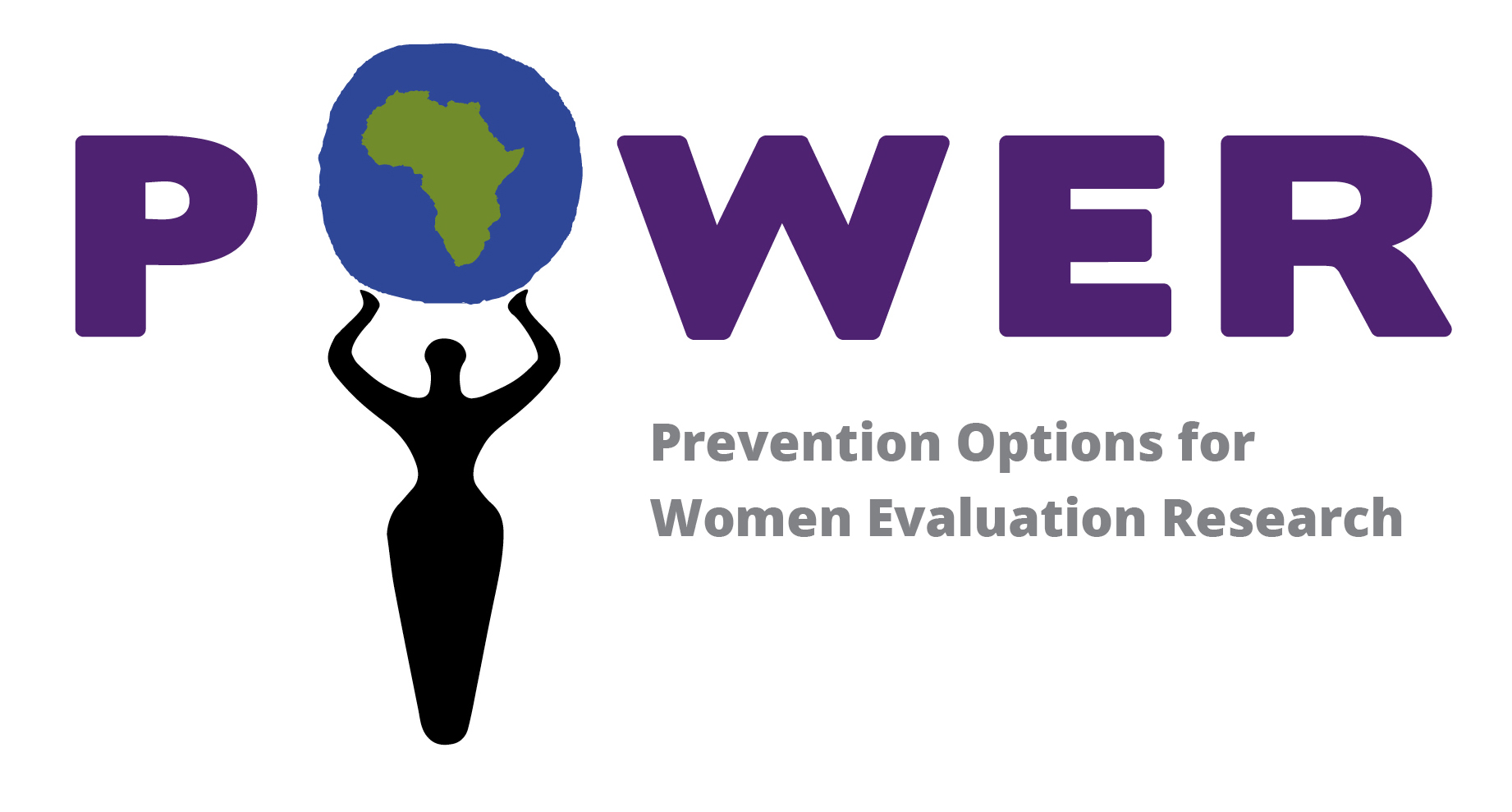POWER develops cost-effective and scalable models for implementation of ARV-based HIV prevention products for women.
- Initial results of formative work presented.
- Cohort protocol work continues.
- Oral PrEP decision support tool prototype being developed.
Initial results of formative work presented. The formative work in POWER consists of interviews with young women, men, and health care providers and other key informants. The in-depth interviews (IDIs) with young women and men are being analyzed using a mental models methodology, which is grounded in behavioral decision research. This method assesses how people interpret risk information and how they make subsequent choices informed by their own intricate web of beliefs and theories – i.e., mental models. This analysis characterizes these mental models with respect to a specific decision or set of decisions. All formative work (mental models with young women and men and IDIs with young women, men, health care providers, and other key informants) was completed in September. These activities are spearheaded by Carnegie Mellon University (mental models) and RTI International (IDIs).
A community-based survey associated with the mental models work is being implemented in November and December at selected sites. The survey will quantify some of the qualitative findings from the mental models and IDIs with young women and men.
The initial results of all formative work were presented to the POWER team at an in-person meeting at HIV R4P on 17 October. They will be disseminated more broadly with a final report completed by 31 December 2016.
Cohort protocol work continues. The POWER cohort protocol was finalized in late summer. All three sites (Kisumu, Cape Town, and Johannesburg) and the University of Washington have submitted the protocol for IRB review. Once all sites have regulatory approvals and drug import permits, sites will train staff on cohort procedures. The team aims to initiate the cohort in winter 2017.
Oral PrEP decision support tool prototype being developed. The POWER team is developing an oral PrEP decision support tool modeled from My Birth Control, developed by Bedsider.org and UCSF. Currently, a prototype of this tool is being developed for pre-testing at all three sites before the cohort begins.
The objective is to provide a decision tool about oral PrEP for young African women, some of whom will also be seeking contraceptive services. The formative work (mental models and IDIs) will inform the development of the tool, specifically identifying gaps in knowledge and young women’s preferences for how information is shared.
No Responses
Leave a Reply

